Between Mirador and Washington: Carl Sartorius and His Collaboration with the Smithsonian Institution
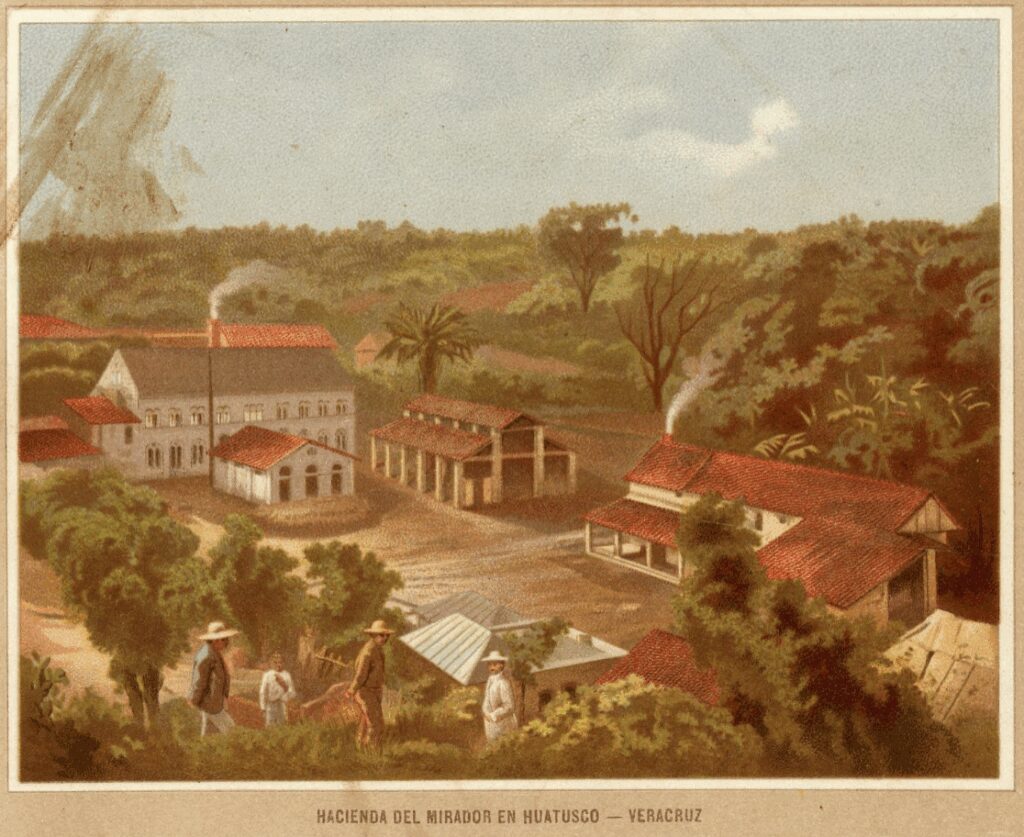
Explores the life and scientific work of Carl Sartorius (1796–1872), a German émigré who transformed his Veracruz plantation, Hacienda Mirador, into a center of nineteenth-century transatlantic scientific exchange.
Displaced Knowledge: Migration, Memory, and Transformation: An Interview by Nikolaus Hagen with Philipp Strobl about His New Book
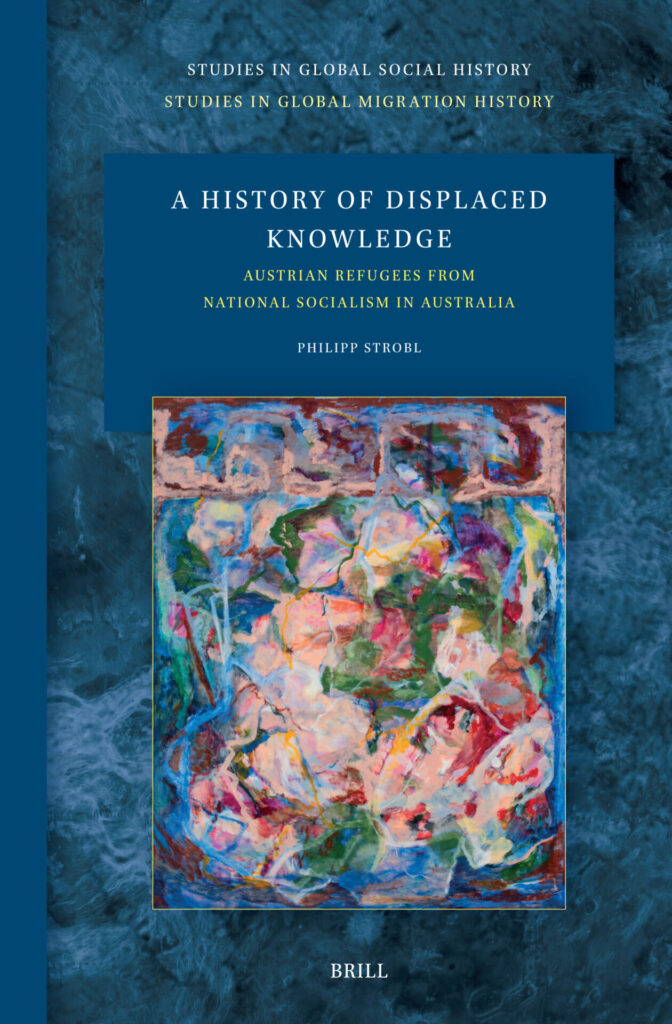
Philipp Strobl discusses his new book on displaced knowledge of Austrian refugees in Australia.
Shoes and Guns from Batawa: Refugees from Czechoslovakia, Knowledge Transfers, and Canadian Immigration from the late 1930s to the 1940s
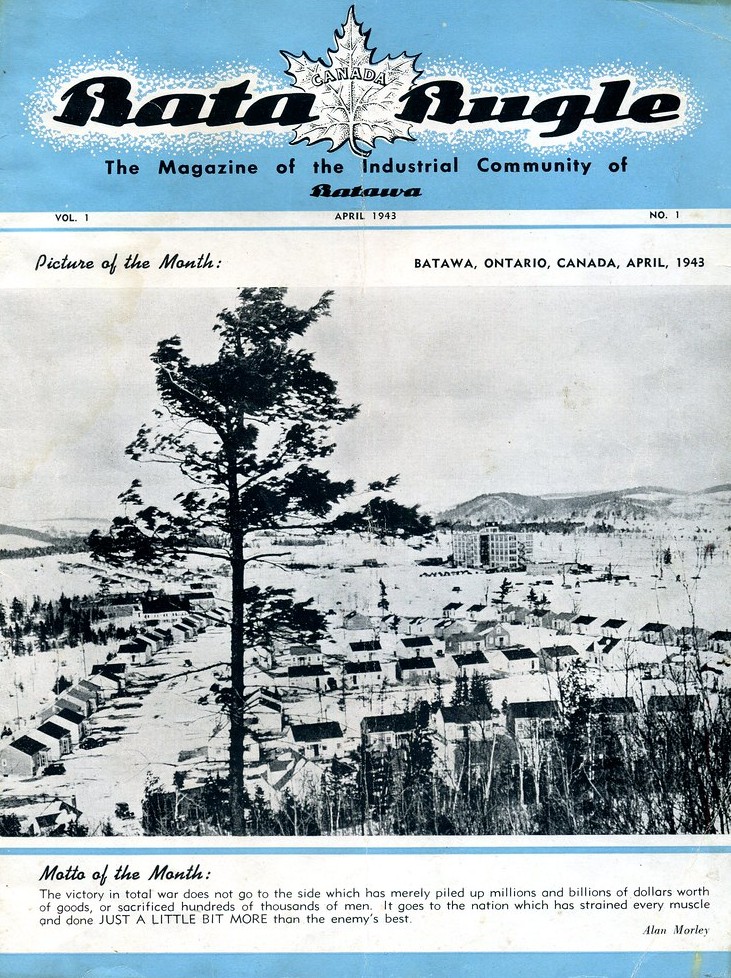
Using the example of a group of refugees from Czechoslovakia in Canada during World War II, the author analyzes knowledge transfers through migration and their limitations in changing political and economic environments.
Refugees’ Counter-Knowledge: Resisting Stereotypes, Becoming Political
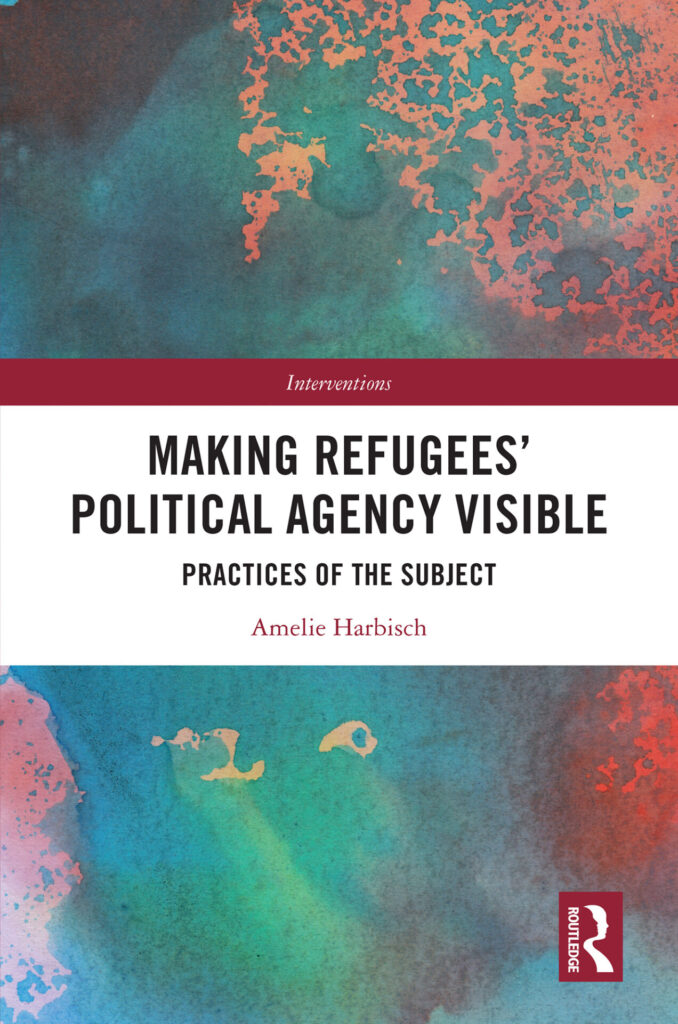
Based on fieldwork for her recent book, Harbisch highlights refugees’ strategies for changing the way receiving societies view them by asserting their own perspectives.
Anthropological Reflection on the Memories and Mobility of the Mapuche-Tehuelche People in the Andes Mountains
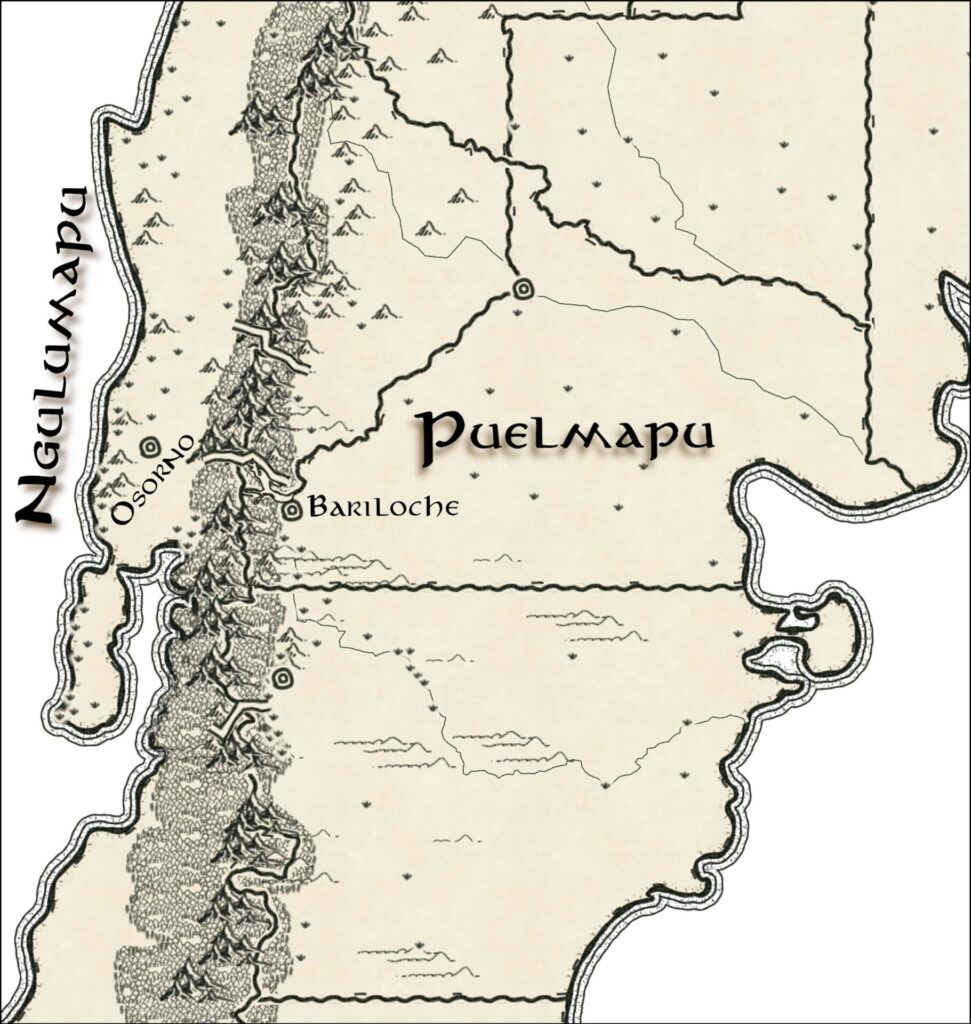
From an anthropological perspective, Santisteban analyzes the collective memories about the displacements of the Mapuche-Tehuelche people (Patagonia) in the territory before and during the imposition of state borders and the nation-state.
Circulation of Rural Migrant Knowledge in the Face of Environmental Injustice
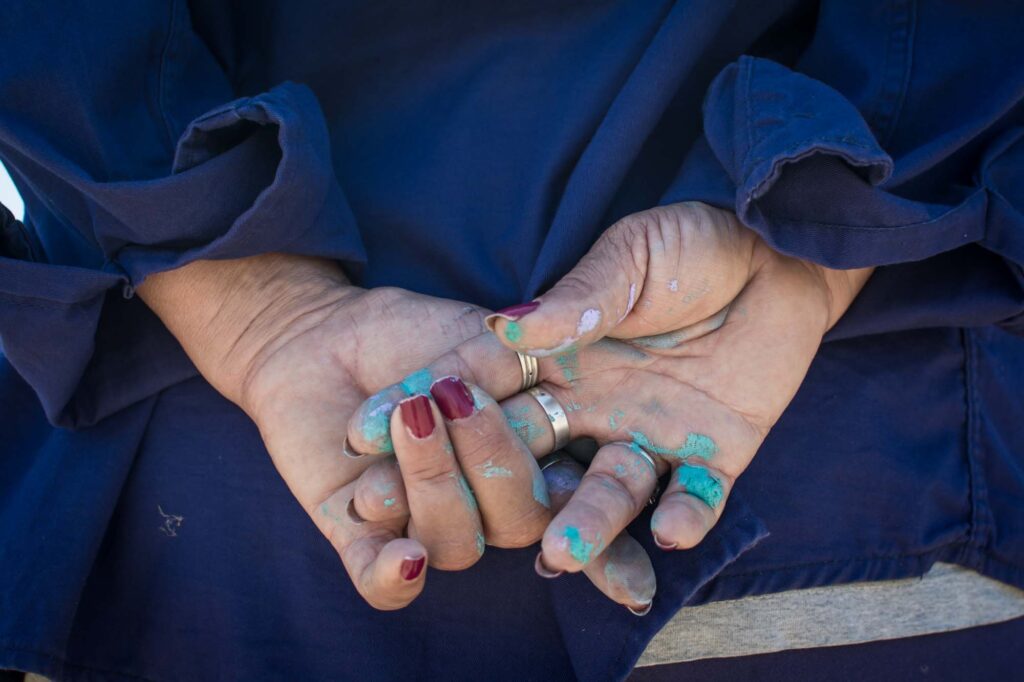
Examines how latin american rural migrant women living in a watershed area of Greater Buenos Aires navigate environmental injustice, use knowledge from their former homelands, and contribute to community strategies while challenging gender and socio-environmental inequalities.
The History of Knowledge Conference at LUCK Lund Centre for the History of Knowledge

Mirrors a call for papers for a conference at LUCK Lund Centre for the History of Knowledge from 8-10 October, 2025.
Importing “Civilization”: Ecuadorian Elites’ National Representation Strategies and Immigration Promotion at the 1893 World’s Columbian Exposition

Discusses the way Ecuadorian elites presented themselves at the 1893 World’s Columbian Exposition to the world, focusing on strategies to attract European and American migrants and minimize the perception of Indigenous populations and disease.
Third Cultures—The (Cursed) Gold of Migrants?
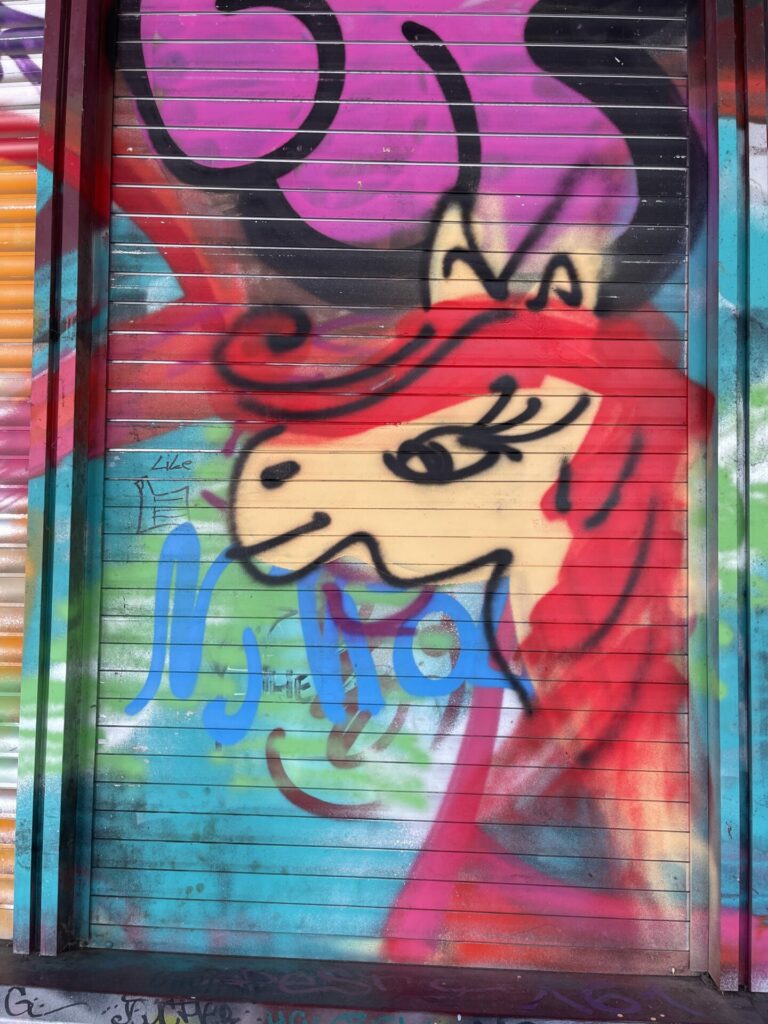
Describes the subgroup of migrants called “third culture kids,” the adjustments they go through, and some knowledge-based implications.
Navigating the Personal in Migration Research
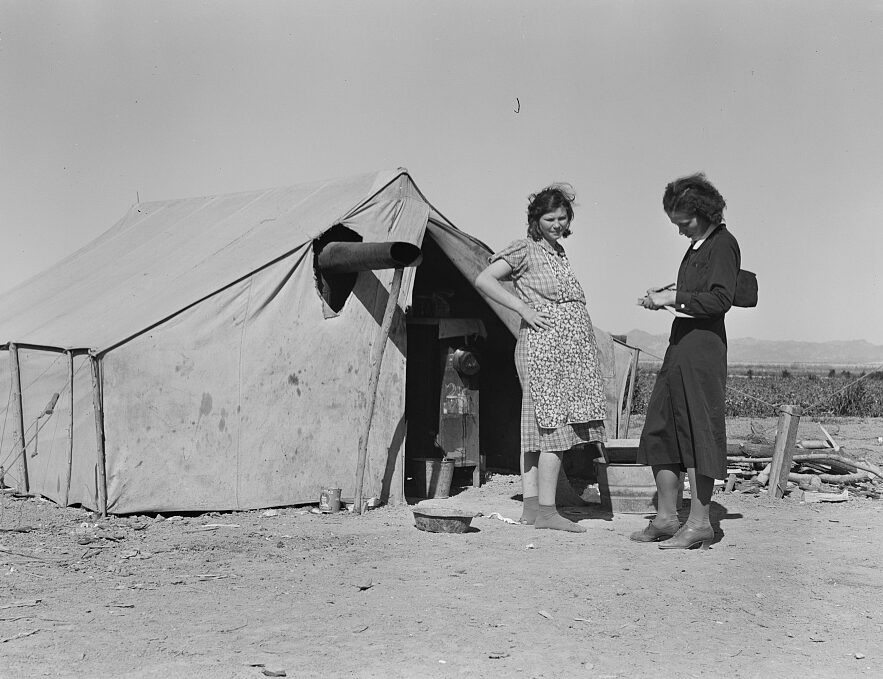
Reflects on the author’s own experience as a researcher and theories such as “situated knowledge,” and “relational accountability,” emotional labor feminist standpoint theory to elucidate how researchers can produce knowledge that reflects the meaningful connections and stories they encountered in the course of their research journey.